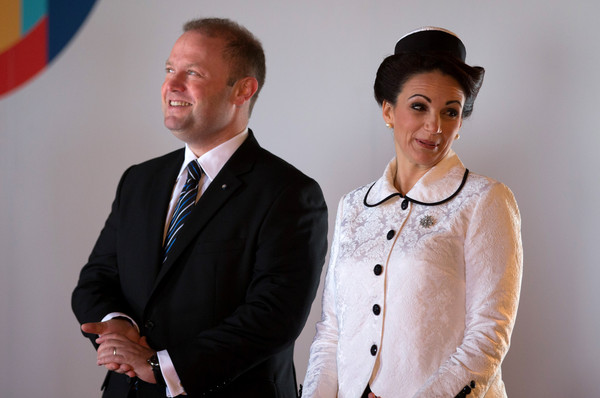Positions of trust: the situation when the Nationalists were in government
I have received this email from somebody who gave me his name.
When the Nationalist Party was in government, I was head of a cabinet minister’s secretariat for a time, and so I can speak from direct experience about how matters were dealt with then. There were very strict constraints in appointing ministers’ secretariats, and the process was regulated by a highly detailed Cabinet Committee memo.
I recall that no secretariat could be larger than 20 people, and they all had to be in named positions – e.g. one head of secretariat (what this government now calls ‘chief of staff’), one private secretary and so on, all the way to two drivers.
Of those, only two individuals other than the two drivers could be recruited from outside the civil service. Positions of trust – and bear in mind that all positions in a minister’s private secretariat are effectively positions of trust – were filled through secondment of civil servants from various departments. They were chosen on the basis of trust, yes, but the point is that they were on the public payroll already and they knew the ethics and procedures of working for the state and the government.
This kept costs down enormously because ‘outsiders’ were not added to the public payroll, but even more importantly it meant that the civil service ethic was not overly diluted by a random mix of party activists, party television employees and random friends and cronies who have no idea of correctness or procedure. Glen Bedingfield, of the Office of the Prime Minister, is the latest spectacular example of this. His job, he says, is to “coordinate the information for replies to parliamentary questions addressed to the Prime Minister”. That is the sort of job which a seasoned civil servant is best placed to do. There is no need to recruit somebody from outside the civil service to do it.
The objective of the rules applied by the Nationalists in government was to seek a balance – to allow a few good people to come in at a high level to inject fresh ideas, but without weakening the ethos of the civil service. Over the last three years it has become more than clear that this government has smashed that balance to smithereens, but in today’s Times of Malta there is further proof if any were needed.
In a report on Manuel Mallia’s private secretariat when he was Home Affairs Minister, we are told that “all the 19 individuals employed by Dr Mallia from outside the public service are still receiving a government salary more than a year after he was fired after a controversy involving one of his drivers”.
Nineteen people in a private secretariat from outside the civil service! Not four, or six, or eight – but 19. And more shockingly still, they did not resign their positions and return to the private sector when the Minister who recruited them lost his position in the cabinet, but were retained in the system, with other positions found for them.
If each of the extra 15 externals brought in earns an average of €20,000 p.a., and that is a conservative figure, that is an extra €1.5 million of taxpayers’ money spent on this one secretariat over the five-year life of this government. The man who replaced Mallia as Home Affairs Minister, Carmelo Abela, brought in his own private secretariat – an unknown number so far – which have over the last year been added on to the 19 already put on the public payroll by his predecessor and redistributed among other government offices after he was sacked.
These are the actions of a government which told us that it extinguished the Eternal Flame of Remembrance at the War Memorial to save ten thousand euros a year in fuel, which is about the sum the Prime Minister’s wife is now spending on fuel instead. And that is just Manuel Mallia’s secretariat.
They have made a calculation that they can get away with this sort of looting, that people don’t really care, that they will still win enough votes to keep power in 2018. I’m not so sure they will. Before March 2013, the average dinner-table conversation was about how sick people were of the government. And that was after more than two decades. Today it is the same, but with a new tone of wonder at the brazenness of it all, and this after less than three years.
There will be a battle on in 2018, and everyone needs to help. Simon Busuttil and the Nationalist Party look to be gearing up for it and will come out fighting. They are the only possible alternative to this band of thieves. We need to make sure that we all do our bit.
I find it necessary to add, before anybody levels the accusation at me of wanting to return to a position in a Minister’s private secretariat, that I have long since returned to private industry after working away from Malta. I write because I am dismayed – nay, shocked – at what is happening, and to somebody with the perspective of a former insider who is well acquainted with the rules and why they exist, it is the cause of even greater concern.

